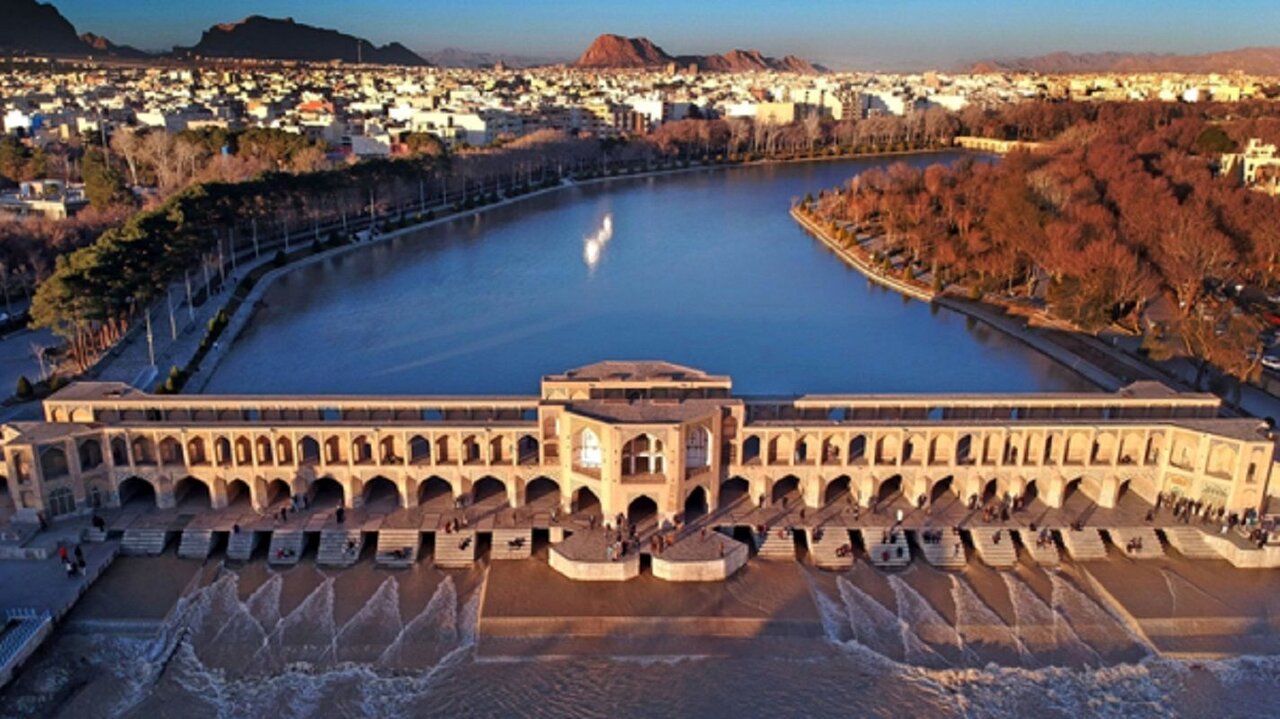ZayandehRoods revival underlined as national heritage
Zayandeh-Rood’s revival underlined as national heritage
TEHRAN – Isfahan province’s deputy governor-general for political and social affairs, Ayoub Darvishi, has reaffirmed efforts to restore the Zayandeh-Rood River as a national and tourism heritage site.

Speaking on Friday at a regional tourism development meeting held in the ancient city of Delijan, Darvishi emphasized the critical importance of the river for the Central Iranian Plateau and its potential to boost tourism and address environmental challenges in the region.
Darvishi highlighted that drought has severely impacted the Central Plateau, leading to the drying up of Zayandeh-Rood, historically considered the lifeline of the area.
“We are committed to reviving this river as a national and tourism asset,” he stated, adding that tourism represents the most viable path to overcoming Isfahan’s environmental crises.
The meeting, which brought together representatives from Isfahan, Semnan, Markazi, and Qom provinces, was part of a broader initiative to create a “golden rectangle” tourism hub aimed at fostering domestic and international tourism.
Darvishi noted that such gatherings provide an opportunity for mutual understanding and collaboration, paving the way for sustainable tourism growth.
He also stressed the importance of identifying and promoting lesser-known attractions, stating, “By recognizing and introducing these hidden gems, we can create significant cultural and economic capital, contributing to sustainable development.”
Over the past couple of decades, a temporary release of water, primarily intended to meet agricultural demands, has renewed profound cultural and historical connections for the people of Isfahan.
For residents and visitors alike, the river is a living narrative of the city’s history and a testament to its resilience.
The ancient city of Isfahan, situated at the crossroads of Iran’s north-south and east-west trade routes, reached its zenith between the 9th and 18th centuries. During the Safavid era, it became Iran’s capital under Shah Abbas the Great.
Isfahan was once a crossroads of international trade and diplomacy in Iran and now it is one of Iran’s top tourist destinations for good reasons. It is filled with many architectural wonders, such as unmatched Islamic buildings, bazaars, museums, Persian gardens, and tree-lined boulevards. It’s a city for walking, getting lost in its mazing bazaars, dozing in beautiful gardens, and meeting people.
The Persian proverb “Isfahan nesf-e-jahan ast” (Isfahan is half the world) reflects the city’s cultural and historical prominence.
AM
source: tehrantimes.com